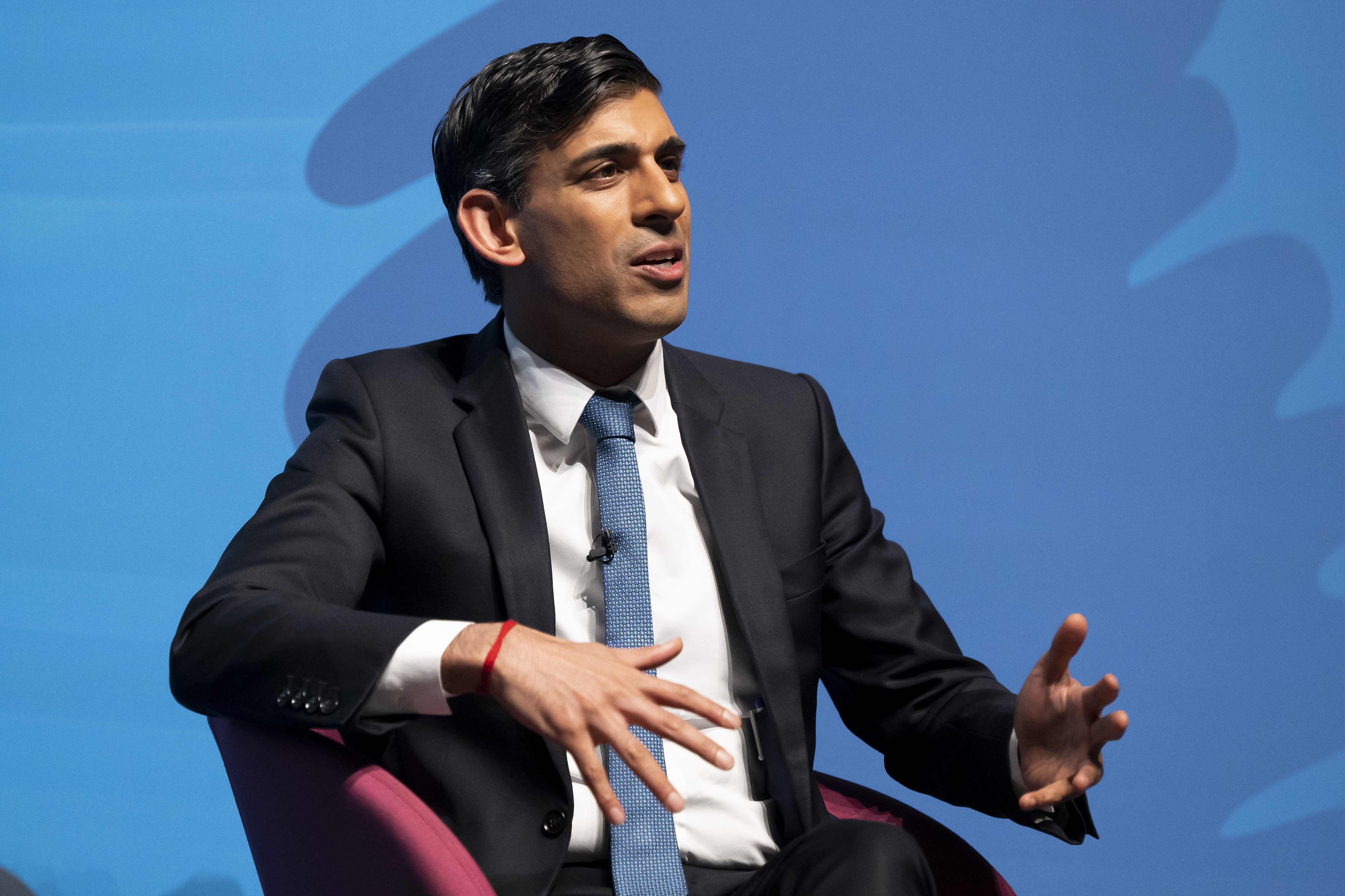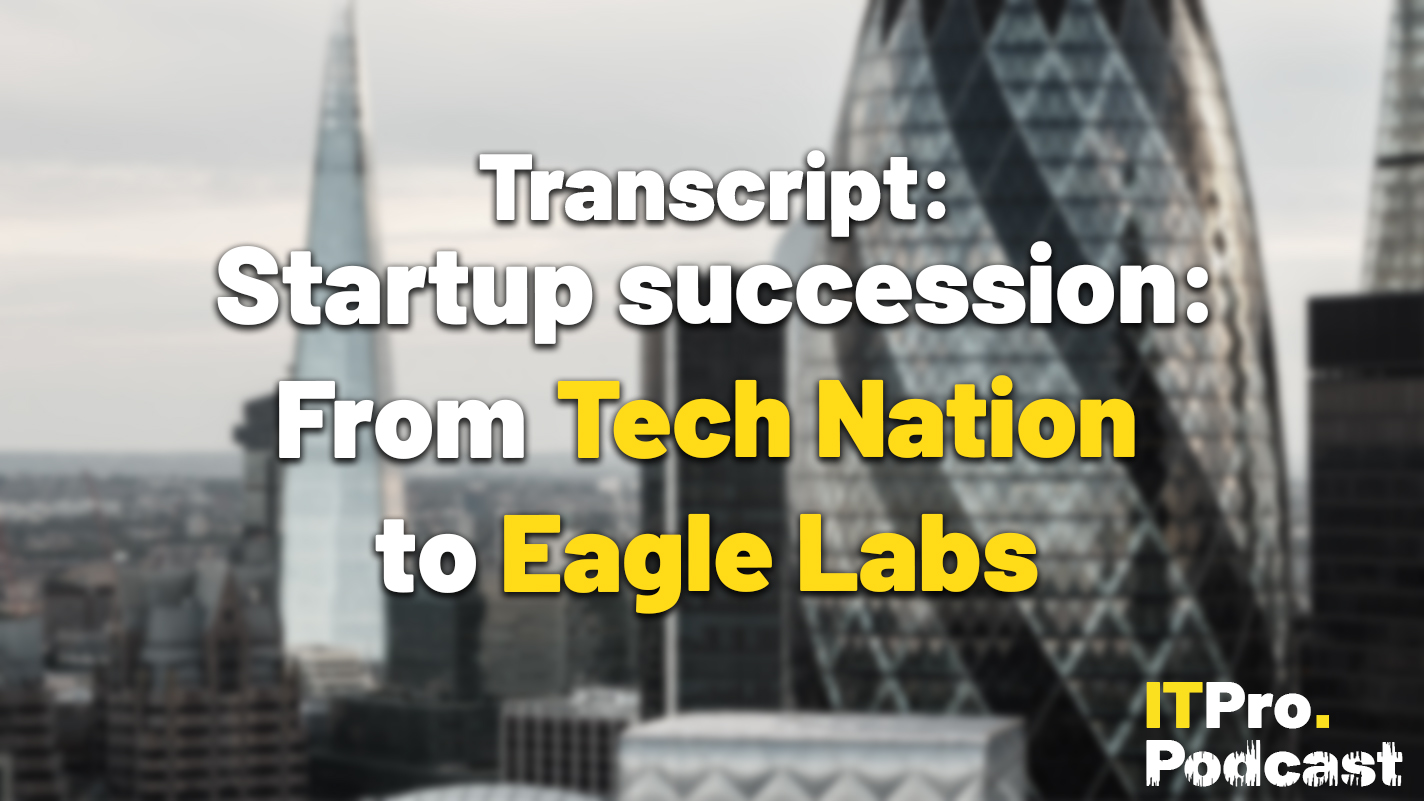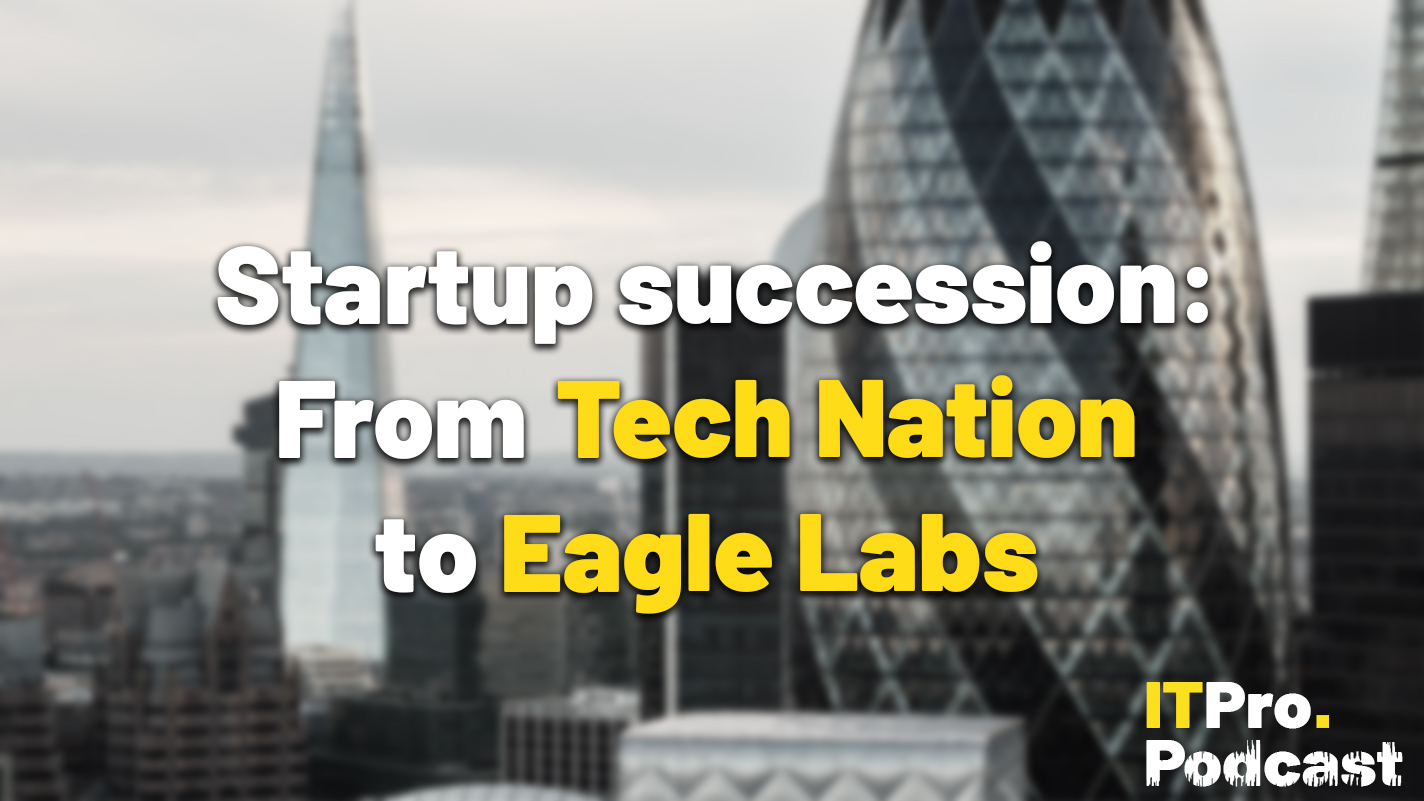Brexit sees 12% of London's startups lose funding
A third of the capital's entrepreneurs have struggled to grow since the Leave vote

One in 10 London startups has lost funding since the Brexit vote, according to research published today.
A total of 12% of the capital's entrepreneurs have had investors withdraw from or refuse to contribute to funding rounds since the UK voted to leave the EU last June, London startup body Tech London Advocates' survey of 220 of its members revealed. It also found that a third have found it more difficult to grow their businesses since the referendum.
While 52% of the UK voted to leave the European Union last June, 60% of London's population voted to remain. For startups specifically, access to the EU's single market allows them to market products abroad more easily, and the freedom of movement within the EU offers greater access to tech skills that are hard to find within Britain.
Tom Adeyoola, founder and CEO of Cambridge and London-based Metail, a fashion fitting app for online shoppers, said: "We have seen the fallout from the decision to leave the European Union firsthand. Prospective employees have opted to move to other European firms, or have even chosen to stay abroad rather than return to the UK with one current staff member deciding to accelerate taking a professorship because he felt that research funding would be restricted once Britain leaves the EU.
"The government must work to mitigate the damage from leaving the European Union to startups across the UK, guaranteeing access to international workers, research funding and investment to protect the UK tech industry."
60% of respondents told Tech London Advocates that once Article 50 is triggered it would damage London's position as a global tech hub. Around a quarter believed the capital would feel little impact. A KPMG report released this week found that despite Brexit, London is still the world's fifth most attractive tech hub after Tokyo, New York, Shanghai and Beijing no change from its position in the accountancy firm's 2015 report.
KPMG's head of the technology sector, Tudor Aw, said: "Despite the uncertainty presented by Brexit and other economic factors, the UK and London has not lost its shine when it comes to its technology pedigree."
Get the ITPro daily newsletter
Sign up today and you will receive a free copy of our Future Focus 2025 report - the leading guidance on AI, cybersecurity and other IT challenges as per 700+ senior executives
But almost a third of Tech London Advocates respondents said that since the Brexit vote, employees have expressed concerns about visa rules and regulations. Another 15% had seen customer deals collapse around uncertainty over the UK's future.
While the government has declined to guarantee the rights of EU citizens currently living in the UK post-Brexit, a quarter of startups surveyed by Tech London Advocates said foreign workers comprise up to 25% of their workforce, and 22% of respondents increased the ratio of international workers to between a quarter and half of their staff.
The research comes a day after government quango Tech City UK published its Tech Nation 2017 report detailing the state of the UK's digital industries. With a mix of data from 2016 and 2015, the report found that London digital investment hit 2.2 billion last year, and that tech workers can expect an average salary of 51,000.
Tech City UK painted a bright picture of the state of UK tech, but admitted that its own survey found a desire within the technology sector to work with government to navigate Brexit's challenge of access to skills.
Shaw, of Tech London Advocates, said: "By working with government, we can help shape a Brexit that ensures London retains its position as the tech capital of Europe and an important epicentre for global tech with high levels of investment and a world-class skills base."
-
 Should AI PCs be part of your next hardware refresh?
Should AI PCs be part of your next hardware refresh?AI PCs are fast becoming a business staple and a surefire way to future-proof your business
By Bobby Hellard Published
-
 Westcon-Comstor and Vectra AI launch brace of new channel initiatives
Westcon-Comstor and Vectra AI launch brace of new channel initiativesNews Westcon-Comstor and Vectra AI have announced the launch of two new channel growth initiatives focused on the managed security service provider (MSSP) space and AWS Marketplace.
By Daniel Todd Published
-
 Is Rishi Sunak’s ‘Unicorn Kingdom’ a reachable goal or a mere pipedream?
Is Rishi Sunak’s ‘Unicorn Kingdom’ a reachable goal or a mere pipedream?Analysis Plunging venture capital investment and warnings over high-growth company support raise doubts over the ‘Unicorn Kingdom’ ambition
By Ross Kelly Published
-
 Some Tech Nation programs could continue after Founders Forum acquisition
Some Tech Nation programs could continue after Founders Forum acquisitionNews The acquisition brings to a close a months-long saga over what the future holds for Tech Nation initiatives
By Ross Kelly Published
-
 Podcast transcript: Startup succession: From Tech Nation to Eagle Labs
Podcast transcript: Startup succession: From Tech Nation to Eagle LabsIT Pro Podcast Read the full transcript for this episode of the ITPro Podcast
By Rory Bathgate Published
-
 The ITPro Podcast: Startup succession: From Tech Nation to Eagle Labs
The ITPro Podcast: Startup succession: From Tech Nation to Eagle LabsITPro Podcast Some small firms are already lamenting the loss of Tech Nation, but Barclays Eagle Labs has much to offer the sector
By Rory Bathgate Published
-
 Don’t count Barclays Eagle Labs out just yet – it can deliver in ways Tech Nation never has
Don’t count Barclays Eagle Labs out just yet – it can deliver in ways Tech Nation never hasOpinion Tech Nation has a great track record, but Eagle Labs has the experience, the financial clout, and a clear-cut vision that will deliver positive results for UK tech
By Ross Kelly Published
-
 UK tech sector could face a ‘unicorn winter’ amid spiralling economic conditions
UK tech sector could face a ‘unicorn winter’ amid spiralling economic conditionsNews Tech Nation’s final piece of industry research calls for action to support continued ecosystem growth
By Ross Kelly Published
-
 "It's still not great": Industry divided on government's SMB tax relief package
"It's still not great": Industry divided on government's SMB tax relief packageNews The government’s handling of R&D tax credits has left SMBs with a “sense of disbelief”
By Ross Kelly Published
-
 UK startup's Equinix deal marks step towards broad quantum computing access
UK startup's Equinix deal marks step towards broad quantum computing accessNews Businesses around the world will be able to use its quantum computing as a service platform through Equinix
By Zach Marzouk Published